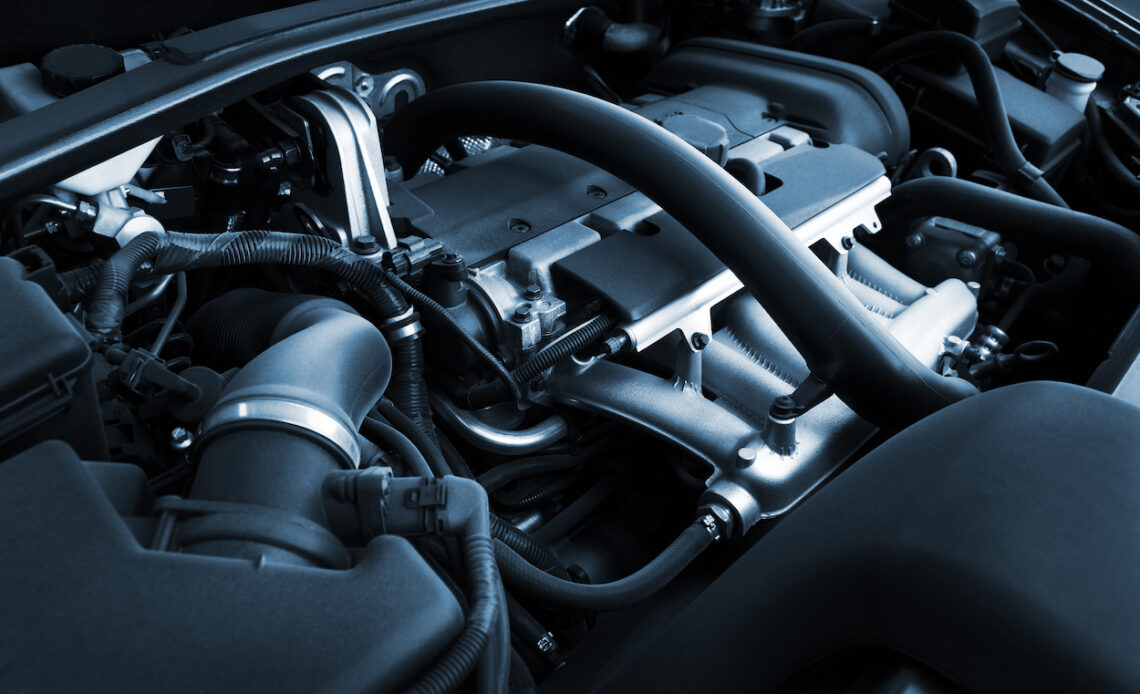Motor racing is a thrilling sport for both the competitors and the spectators. Watching cars speeding through a racetrack or being inside the vehicle sends blood pumping. Fuel and engine define the speed and power of most race cars. If you notice, many of them run on gasoline fuel, but surprisingly, some use diesel.
Diesel isn’t the preferred fuel for many race cars because of various reasons. However, this is not always the case. This article will offer a brief explanation of the dissimilarities of the two fuels, their effects on vehicles, and where the diesel engine shines as an option for race cars:
Diesel Vs. Gasoline: The Difference
Both fuel options are by-products of refined crude oil but have different densities and combustion methods. For starters, diesel is thicker compared to gasoline or petrol. Gasoline also ignites faster than diesel. You may have witnessed someone toss a lit match into a gas puddle and watch it come ablaze instantly. Meanwhile, diesel fuel needs to be compressed first and injected before igniting.
Certain vehicles also have engines that only run on a specific fuel type. Larger vehicles, such as buses and trucks, often utilize heavy-duty engines. For an example of one, you can see it here. As mentioned earlier, gasoline ignites fast, so gasoline engines have a spark plug that ignites the fuel. When diesel combusts, it also causes smog that pollutes most urban cities. However, this doesn’t mean gasoline isn’t any better, as it also produces carbon monoxide.
As you can see, both have pros and cons, and it’s up to the racer to choose which fuel works best for their car and their sport. You may find that other motorsports, like truck racing and off-road racing, prefer diesel over gasoline.
Speed And Performance
It’s a given that race cars have to be fast, so many models are designed to be as lightweight as possible. Additional weight slows down any vehicle, and sometimes the added burden is caused by the type of fuel…
Click Here to Read the Full Original Article at Paddock Magazine…

